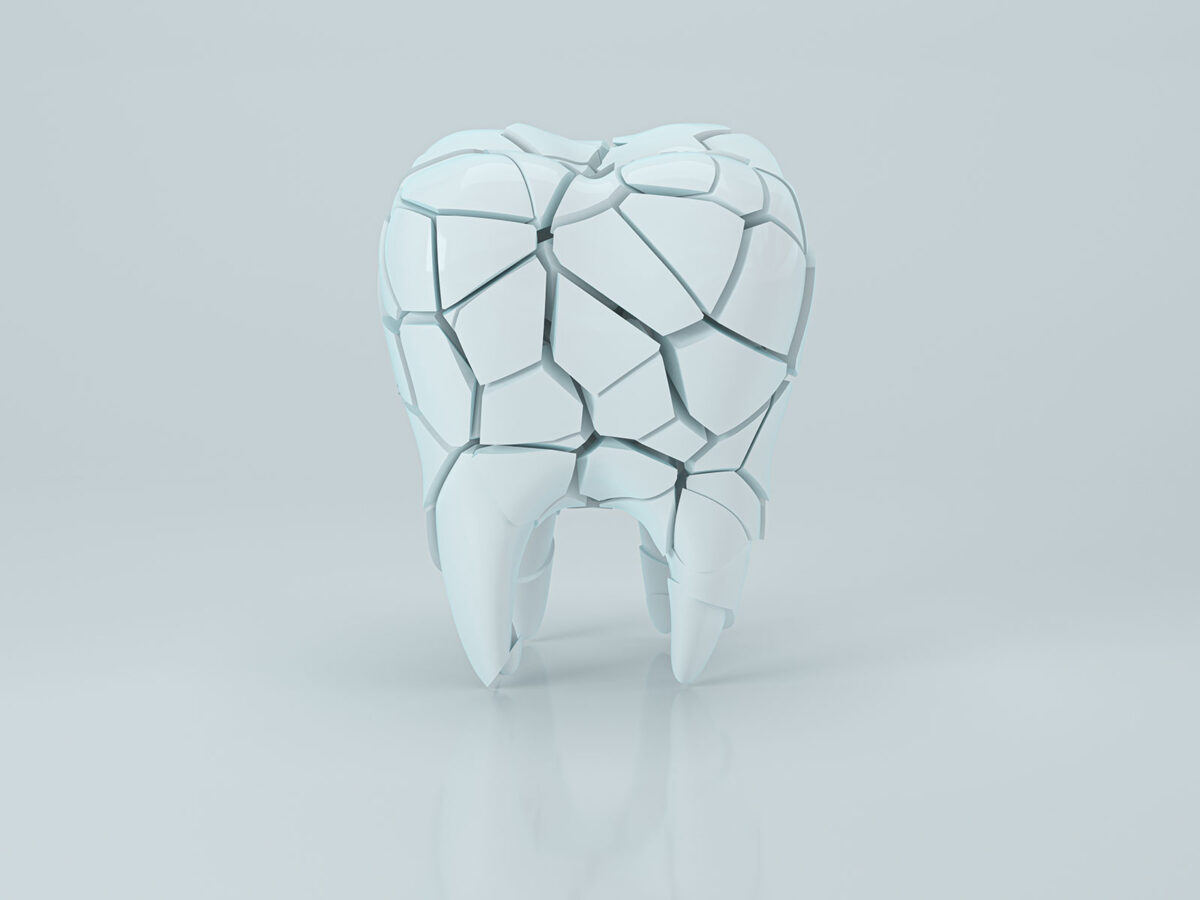Blog
Dental hygiene tips for healthy teeth & gums

Spongy and bleeding gums are symptoms of which disease?
Spongy and bleeding gums can be a sign of severe gum disease. The mouth is an anchor for various bacteria. Therefore, keeping your oral health on track is very vital to keep away gum problems.
There can be multiple reasons for bleeding or spongy gum, starting from using the wrong technique when you brush or floss to a severe oral health condition. So, to learn more about such infections and why it happens, keep on reading.
Why do you experience bleeding and spongy gums?
It’s very likely that you’re suffering from scurvy if you’ve noticed that your gums are spongy and bleeding. A person with scurvy typically has poor nutritional intake. Therefore, treating it is very necessary.
Apart from scurvy, periodontitis is another oral care disease that shows similar symptoms. Both these dental care issues are very prominent and can be harmful to overall health if not addressed quickly.
It may be possible to reduce scurvy effects with some simple tips, such as adding vitamin C to your diet. Though, if the symptoms of both diseases increase, you must contact your oral care provider immediately.
How can you cure such diseases and their symptoms?
According to various research and studies, the main reason for bleeding and spongy gums is scurvy so let us see some of the things which you can include in your daily routine to cure this oral care issue:
- Include vitamin C in your diet: Vitamin C could reduce bleeding around the gums and reverse scurvy. Adding food items that are high in vitamin C is a great way to cure this issue. You can eat vitamin C-rich food like oranges and other citrus fruits. In addition, broccoli and potatoes are also good sources of the same.
- Brush your teeth gently: If you are suffering from scurvy, brushing harshly increases the issue. Not paying attention to the way you brush your teeth can lead to more bleeding, which can make the disease worse. Therefore, pay attention to how you brush your teeth.
- Use a good quality toothbrush: Using a soft bristle brush can help you maintain the bleeding and swollen gum tissue. It is very vital to use a good quality soft brush. In addition to it, you must change your toothbrush after every 3-4 months.
- Taking vitamin C supplements: You can also take vitamin C supplements if you are suffering from scurvy. Studies prove that taking vitamin C supplements can lead to a speedy recovery of the same. However, before taking any supplement, you must consult your dentist or health care provider.
How nutrition deficiency affects your dental health?
There are many diseases that are caused by nutritional deficiency, and when it comes to oral health, it is no different. What we eat directly affects our body, and in the case of scurvy, it happens due to the lack of vitamin C intake.
Disease progression in the oral cavity can be caused by a diet lacking nutrients. Lack of certain nutrients affects altered tissues in the body, which decreases its healing power and, in turn, affects oral health.
To prevent gum disease and maintain good health, adopting better eating habits is a great idea. In addition, you can not neglect the importance of regular dental care. It is very important to visit your dentist if you see persistent symptoms like swelling, bleeding, etc., from gums.
Your dentist will suggest an effective way to treat your issue in order to give you better dental health. Since everyone’s dental needs are different and everyone suffers from different oral care diseases, it is necessary to take proper advice from your dentist and start taking any medication.


